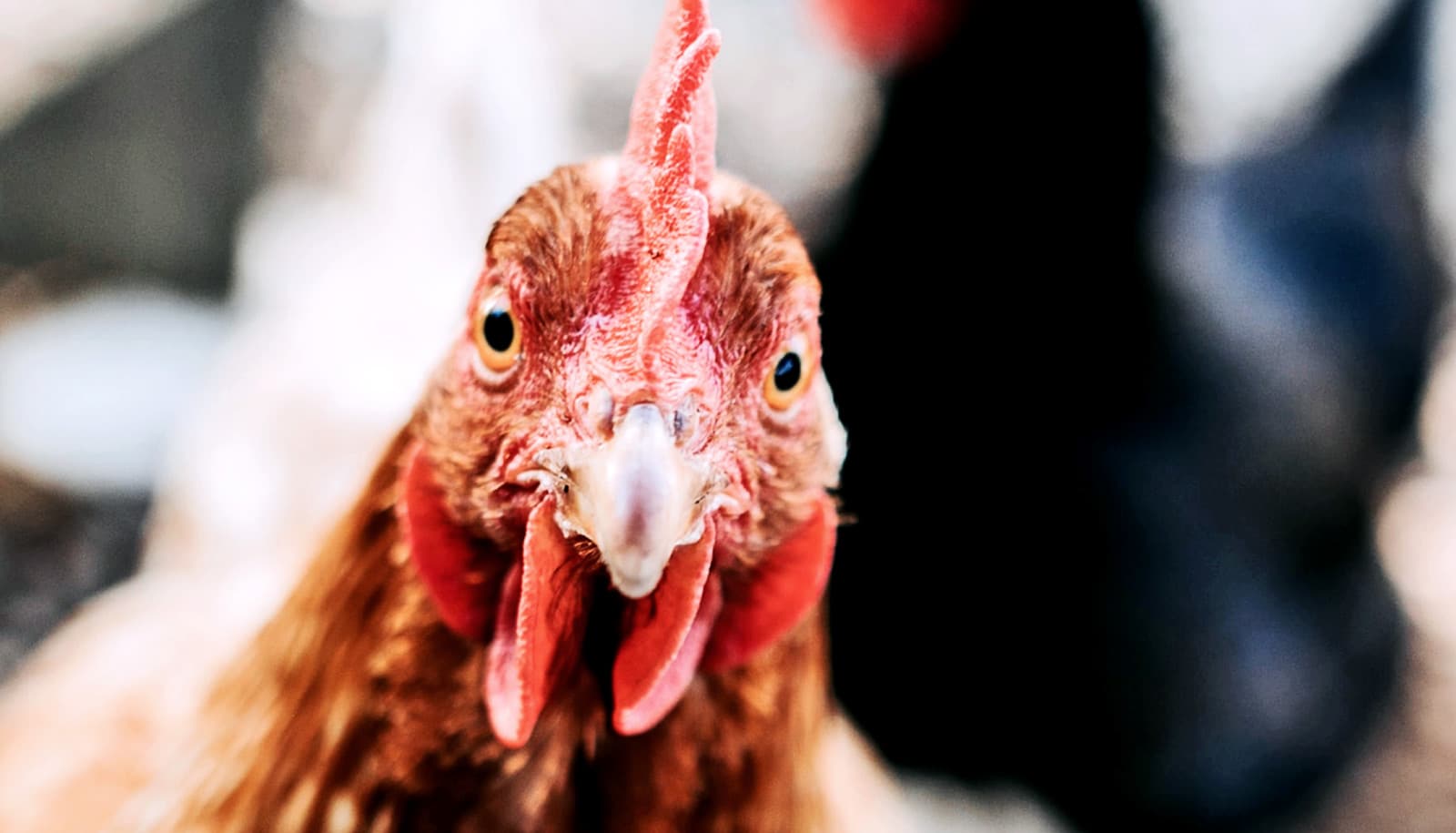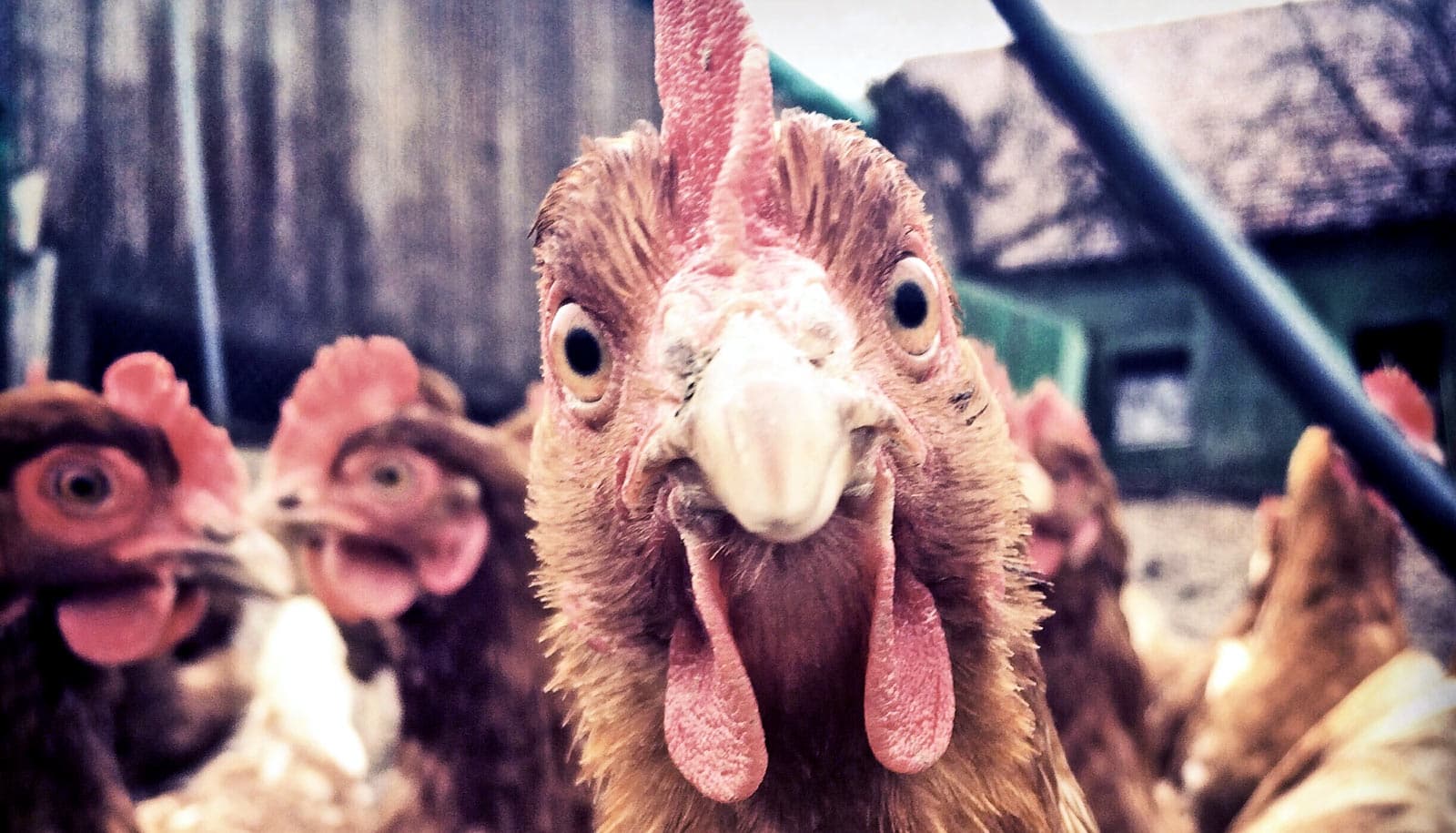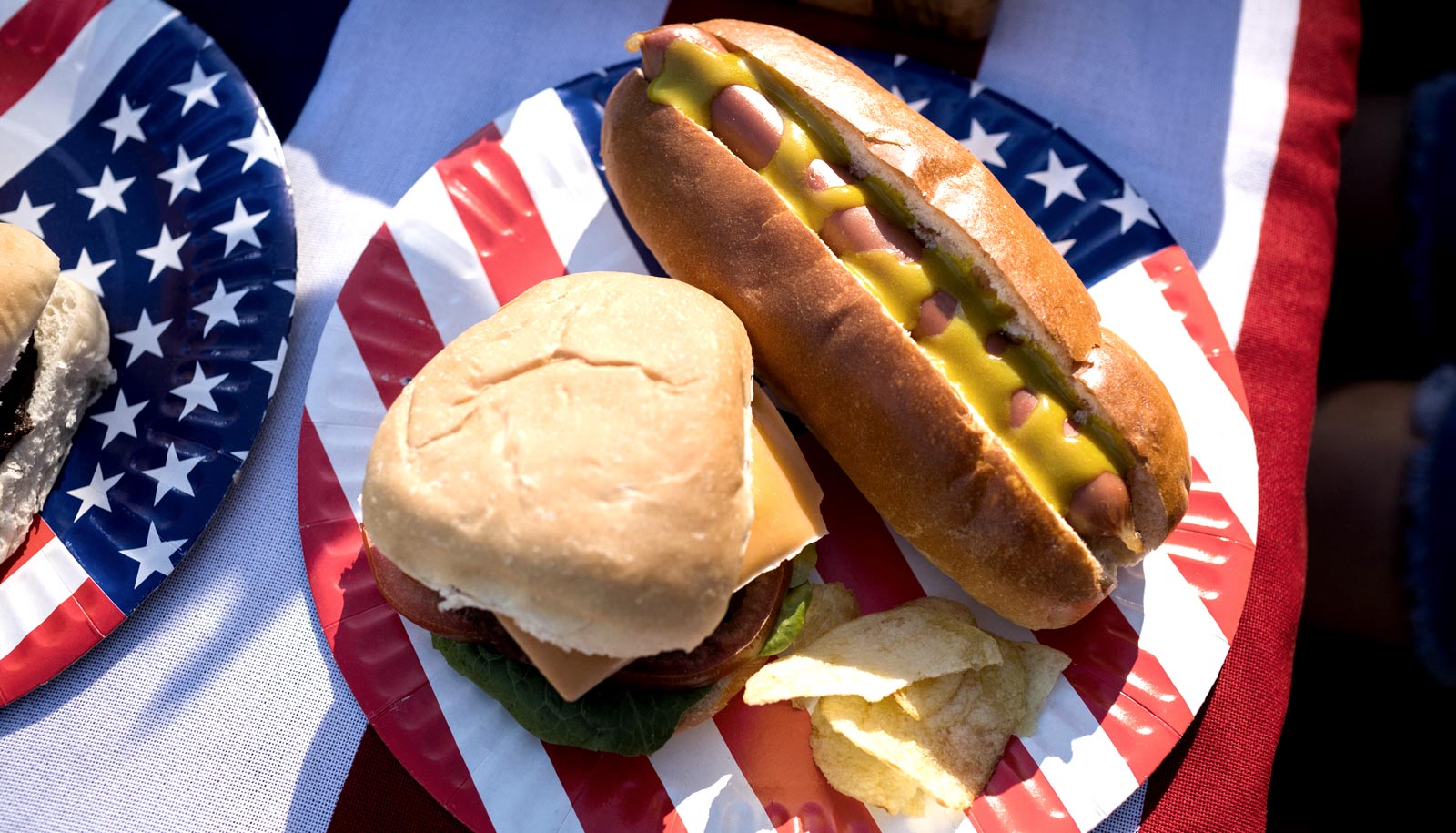When it comes to backyard poultry farming, there are some basic do’s and don’ts for keeping both you and your animals safe.
Backyard poultry farming is a likely source of an outbreak of Salmonella in the US, according to the Centers for Disease Control and Prevention. As of July 12, Salmonella, a group of bacteria that live in human and animal intestines and come from poultry, raw meat, and eggs, have infected 768 people in 48 states.
If eaten, Salmonella can cause diarrhea, fever, and stomach cramps. Although many people recover within four to seven days, the current rash of outbreaks has caused 122 hospitalizations and two deaths in Texas and Ohio.
“Salmonella is carried by chickens, whether you have three in your backyard or thousands in a barn.”
“Children under the age of five are at higher risk of Salmonella infections after handling poultry, and can suffer more severe illness,” says Donna Carver, poultry veterinarian and a professor at North Carolina State University Extension “Likewise, adults over the age of 65 are also at greater risk for more severe illnesses when exposed to Salmonella.”
Here’s how to protect yourself and your animals:
Do… wash your hands
Although some consider backyard poultry—which include chickens, ducks, turkeys, and geese—healthier than their commercial counterparts, they still carry bacteria.
“A chicken can be perfectly healthy and still be shedding Salmonella,” says Derek Foster, associate professor of ruminant health management at the College of Veterinary Medicine. “Salmonella is not a problem unique to the large-scale poultry industry—Salmonella is carried by chickens, whether you have three in your backyard or thousands in a barn.”
With this in mind, owners should always wash their hands with soap after touching backyard poultry or anything in the area where they live and roam. Adults should supervise young children when they interact with poultry to make sure they wash their hands and do not become contaminated.
Do… be aware of antimicrobial resistance
Taking precautions to protect yourself from Salmonella infections has never been more important. “The current outbreak is particularly alarming because some Salmonella are exhibiting multidrug resistance,” says Sid Thakur, professor of molecular epidemiology.
“Salmonella can receive drug resistance genes and pass them on to other bacteria, so as the outbreak spreads there’s a risk that more people will catch an infection that is difficult to treat, now and in future outbreaks,” Thakur says.
Do… be careful where you keep your flocks
For free-range birds, it can be easy for them to pick up infectious microbes and toxins from their environment. In some areas, toxic heavy metals such as lead, mercury, and cadmium are present in the soil, which can be transferred into eggs. When humans consume these heavy metals in excessive amounts, they pose a major risk to our health.
If you’re concerned about infectious diseases or toxic contamination in your flock, ask your veterinarian for advice on managing animal healthcare and exposure risks.
Do… ask about appropriate treatments
In the US, strict federal laws regulate drug use in food animals to prevent the transfer of drugs that are carcinogenic or cause life-threatening allergic reactions, such as penicillin, into food products.
“In commercial farms, egg-laying chickens receive limited treatments because of the risk of drugs transferring to the eggs, and then to the humans that eat them,” says Rocio Crespo, a professor of poultry health management. “Because of this, a lot of effort is put into creating an environment that prevents the animals from getting sick in the first place.”
For backyard poultry, consult your veterinarian for appropriate treatments before eating any eggs or meat to ensure your food is free from drug residues.
Don’t… carry bacteria into your home
We all carry bacteria wherever we go, including between our home and backyard. To avoid transferring bacteria into your home, use separate shoes to take care of the birds. You should also keep all equipment and materials used to care for your flock, such as feed and water containers, in a separate location so there is no risk of cross-contamination.
If one of your birds does fall sick, you should handle the bird carefully by isolating it from the flock and keeping it separate from your home.
“Owners should not bring sick chickens into their homes to care for the animal. The animal should be cared for, but it cannot be brought near food or handled without careful precautions,” Crespo says.
Source: NC State



